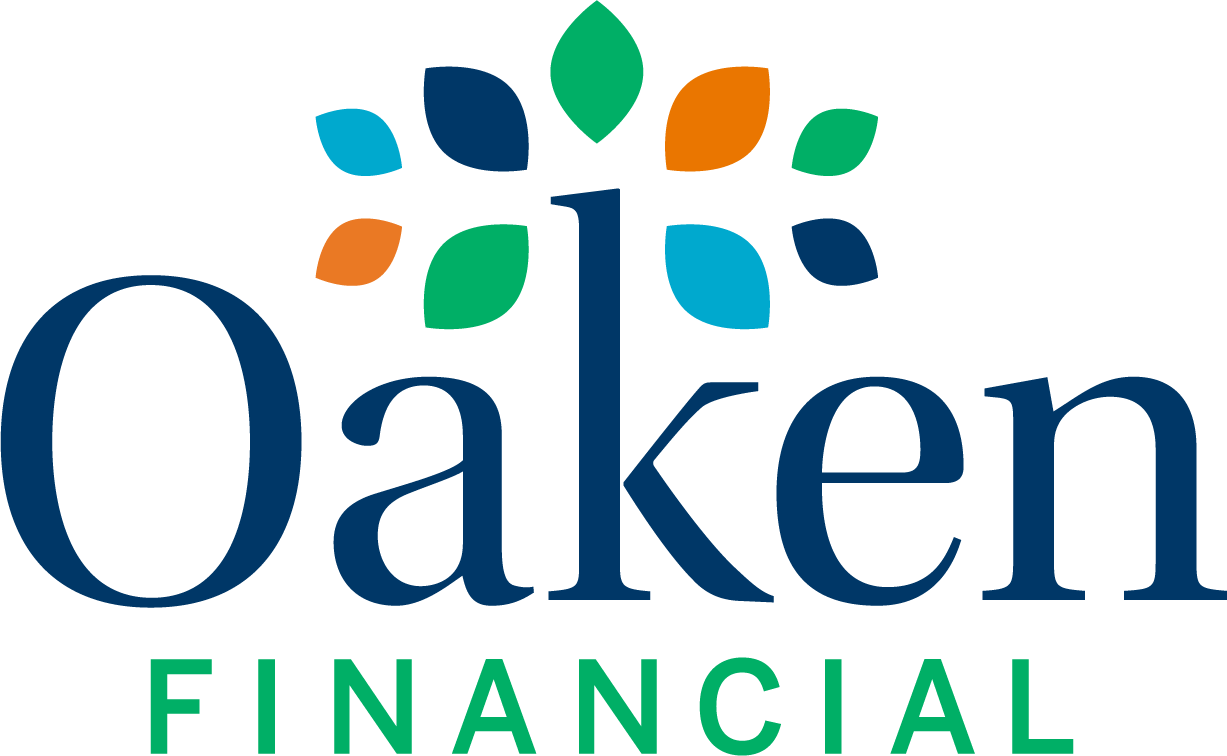How high can interest rates go? It’s anyone’s guess really, but what we know for certain is that the Bank of Canada (BoC) benchmark rate is higher now than it has been in at least 10 years – and could continue to climb.
Yet, today’s rate is nowhere near what it was in the early 1980s when the BoC flirted with 20% – but that is of little comfort after years of historically low rates. And the current rise in the benchmark rate has many Canadians wondering how it all could affect their investments and financial situation. In fact, a recent survey found that:
Six in 10 Canadians are concerned about the impact of rising interest rates on their financial situation, and
Eighty-four percent say they’ll be keeping a more careful watch on how they spend their money.
What is the Bank of Canada’s benchmark rate?
The BoC’s benchmark rate is the target for the overnight rate. This is the interest rate at which financial institutions can borrow money from each other in the overnight market. These short-term loans help the financial institutions settle all of the payments that changed hands (like debit and e-transfer transactions) over the course of the business day.
Why does the benchmark rate matter?
Even though the benchmark rate is not specifically a consumer-facing interest rate, it is one of the factors that affect the interest rate that consumers pay when they borrow money or earn when they save it. From mortgage rates to savings accounts and guaranteed investment certificates (GICs), there’s a ripple effect that often happens when the BoC changes the target for the overnight rate.
Why is the Bank of Canada raising its benchmark rate?
In a word: Inflation. One of the means the BoC uses to help rein in inflation, is to increase the key interest rate. The BoC aims to keep inflation at 2%. But, since the start of the pandemic, inflation has been consistently trending upwards. And in September, Statistics Canada reported that inflation rose 6.9% on a year-over-year basis, well above the desired 2%.
However, it takes time for rising rates to slow down inflation. The BoC estimates that it takes between 18 and 24 months for changes in the target rate to affect every part of the economy.
Here’s how interest rates can affect your investments.
The rise and fall of interest rates will affect your various investments differently. What follows is a synopsis of some of the key things that can happen when the benchmark rate is trending upward:
The cost to repay your mortgage increases.
If you have a variable-rate mortgage loan your payments will start to increase not long after BoC benchmark rates increase. If you have a fixed-rate mortgage, it will cost you more to borrow when it’s time to renew.
Interest earned through your savings accounts can rise.
Often when the BoC’s benchmark rate rises, the interest rates on your savings accounts can rise as well. For savers who are risk-averse, this is good news because you’ll get a higher return for parking your money.
The stock prices of companies you’ve invested in may fall.
When interest rates rise, it costs more to borrow money for everyone – including businesses. As a result, loans cost more to maintain, which in turn eats into a company’s bottom line. Layer in, also, the tightening of belts by many consumers, and earnings for everyone – the business and the investor – can take a hit.
Depending on your outlook, however, this may not be all bad news. When the market declines, it may be an ideal time to invest more in anticipation of an upswing in stocks. It depends on how much risk you’re comfortable taking on and an advisor can help you decide what’s right for you.
Bond prices drop when interest rates rise.
Interest rates and bond prices generally move in opposite directions, like a seesaw. If you hold any bonds in your portfolio and you plan to sell any of them before maturity, rising interest rates usually mean you’ll get less money at the time of sale than you would if interest rates were dropping.
Have recent interest rate increases sparked a growing interest in GICs and savings accounts?
You are not alone if you’re wondering what the financial future will hold, and many people are giving high-interest savings accounts and GICs a look as a way to invest their money. And at Oaken Financial, we can help you make the most of your hard-earned money. Learn more by visiting oaken.com/why-oaken-financial.




 Bank of Canada
Bank of Canada